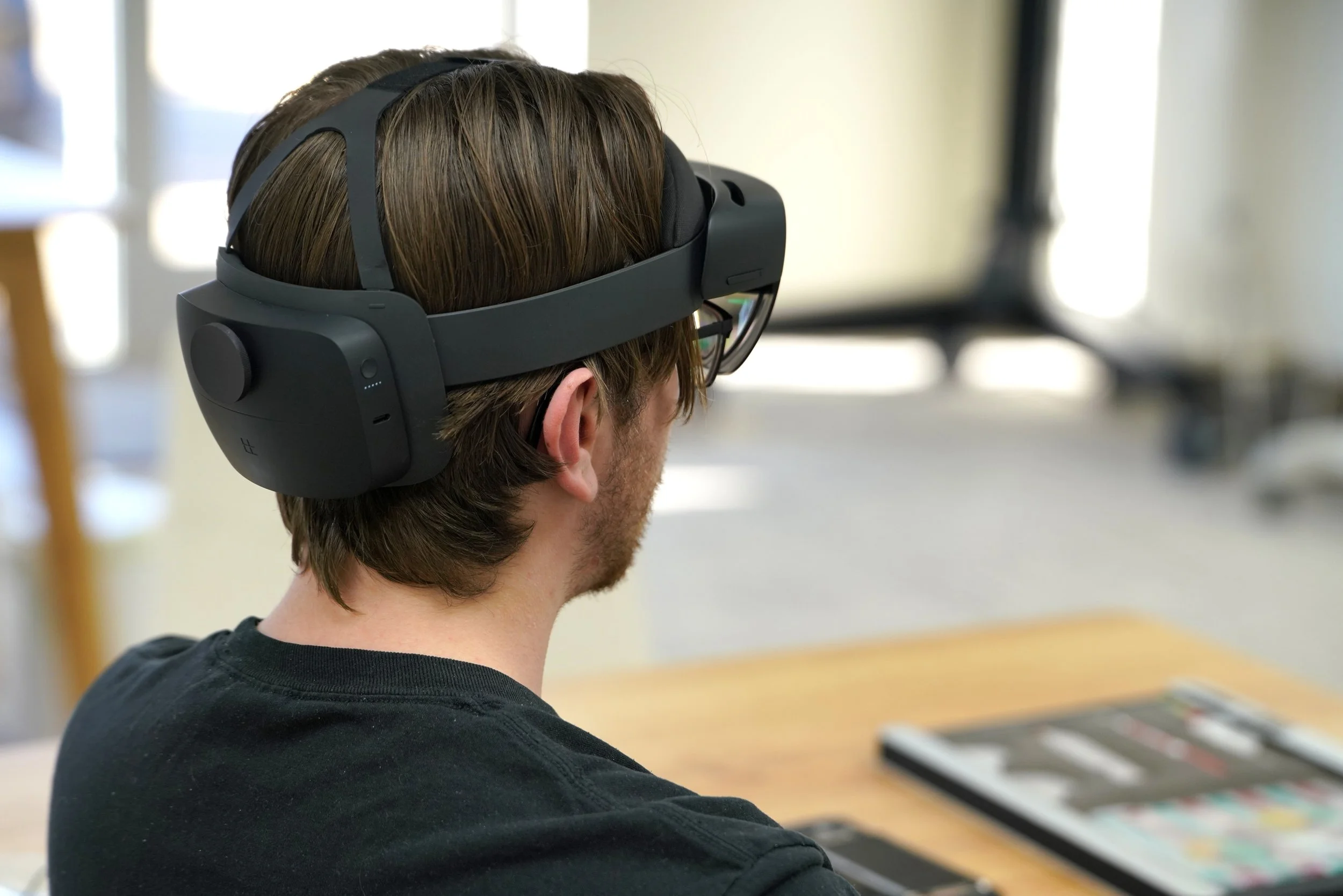What is Neuro-Optometric Rehabilitation?
Neuro-Optometric Rehabilitation is a sub-specialty of optometry that focuses on a variety of visual disorders that occur because of concussions, brain injuries, developmental delays, or other neurological disorders.
As a part of the brain, our eyes are adversely affected by head trauma such as strokes, traumatic brain injuries, etc.
The Neuro-Optometric Vision Evaluation is unique because patients undergo performance testing to determine how well the visual system is interacting with other sensory feedback in addition to the traditional eye exams performed at traditional optometry clinics.
A Neuro-Optometric Vision Evaluation involves in-depth testing which evaluates how the visual system functions and to what degree it is interfering with the performance of everyday activities. Our visual system is intimately related to everything we do, from specific tasks such as reading, to the motor control involved in walking. With knowing the wide range of activities that are dependent on vision, it is no surprise that vision problems that occur after a brain injury can range from subtle to dramatic. Vision problems associated with brain injuries can be disabling, increase dependency on others, and also raise the risk of secondary injuries. More subtle vision disorders are often found to be the most irritating because they require very specialized testing to detect, so patients often feels that no one believes their symptoms are real.
Double vision is a common occurrence after stroke or head injury. Promptly correcting this double vision is vital to the rehabilitation process, otherwise the effects of the doubling will significantly delay overall rehabilitation.
Double vision is associated with problems such as:
Handwriting
Anxiety with visual tasks
Inaccuracies when reaching for and grabbing objects
Difficulty with movement and balancing (drifting when walking, stumbling, falling, etc.)
Driving difficulties with lane positioning, proper speed maintenance, multi-tasking, navigation
People who suffer from concussions, acquired brain injuries (ABI), neuro-developmental, or neuro-degenerative disorders have various functional vision problems that can cause decreased performance of Activities of Daily Living (ADL’s).
When one suffers a head injury, their sense of where the middle of their body is often changes.
Symptoms associated with midline shift can include but are not limited to:
Dizziness or nausea
Spatial disorientation
Staying to one side of the hallway or room
Bumping into objects when walking
Poor posture when seated or during movement (leans back, forward, or to one side when on
heels, walking, standing, or seated)Perception of the floor being tilted
Neuro-motor difficulties with balance and coordination
Neuro-Optometric Rehabilitative Therapy is a non-invasive process for the rehabilitation of vision, visual information processing, and motor disorders. Working one on one with our staff, you learn how to regain control of your vision.

